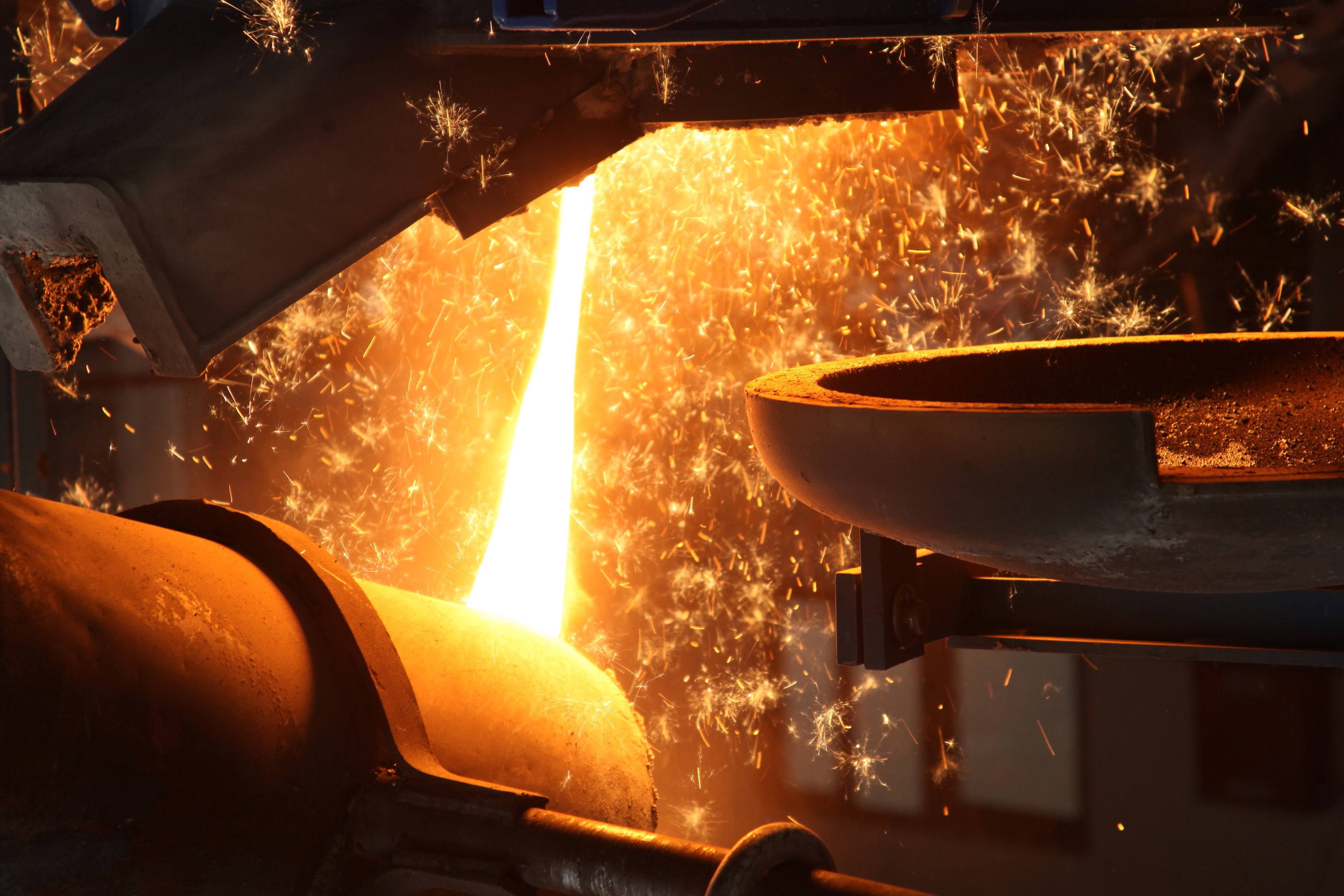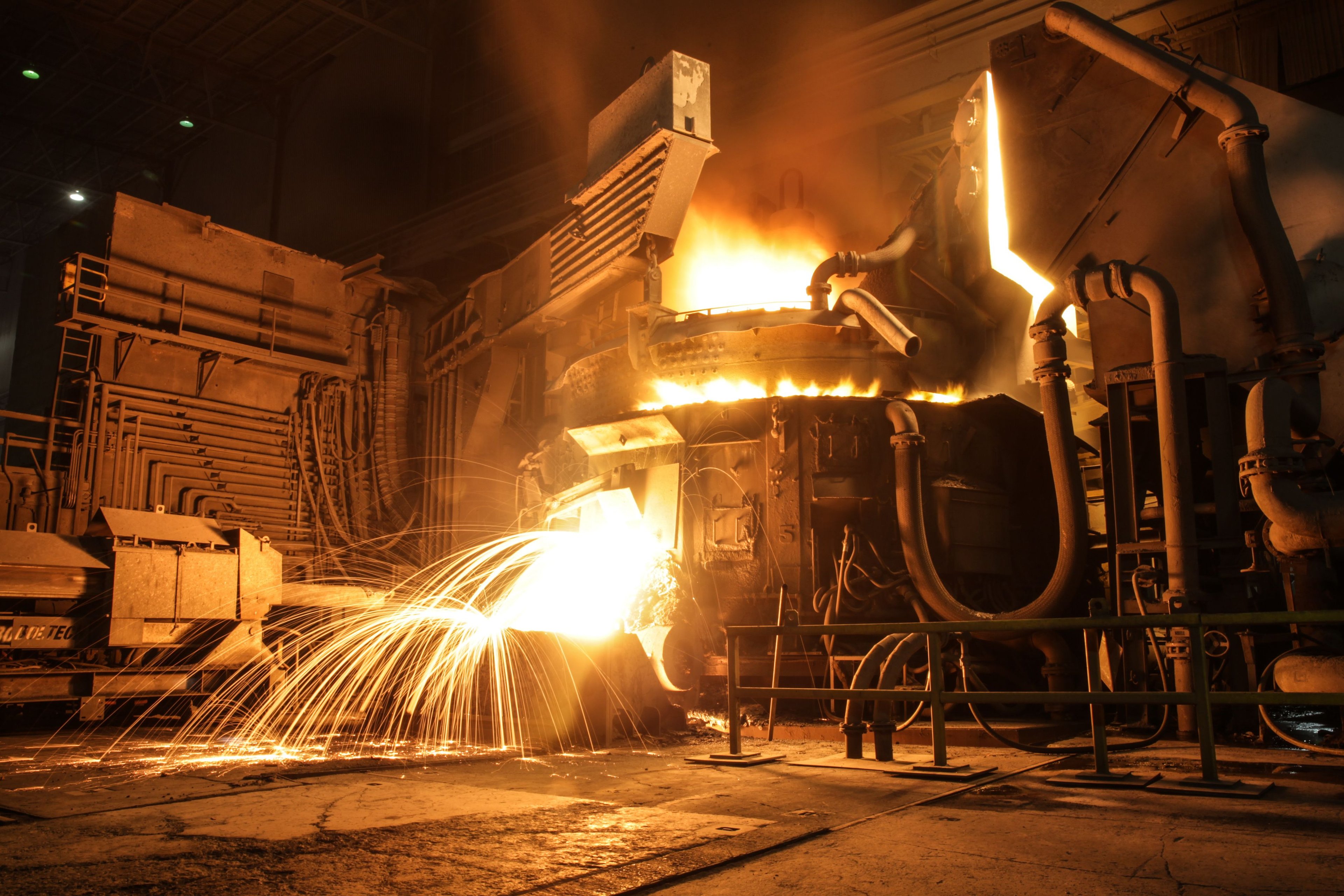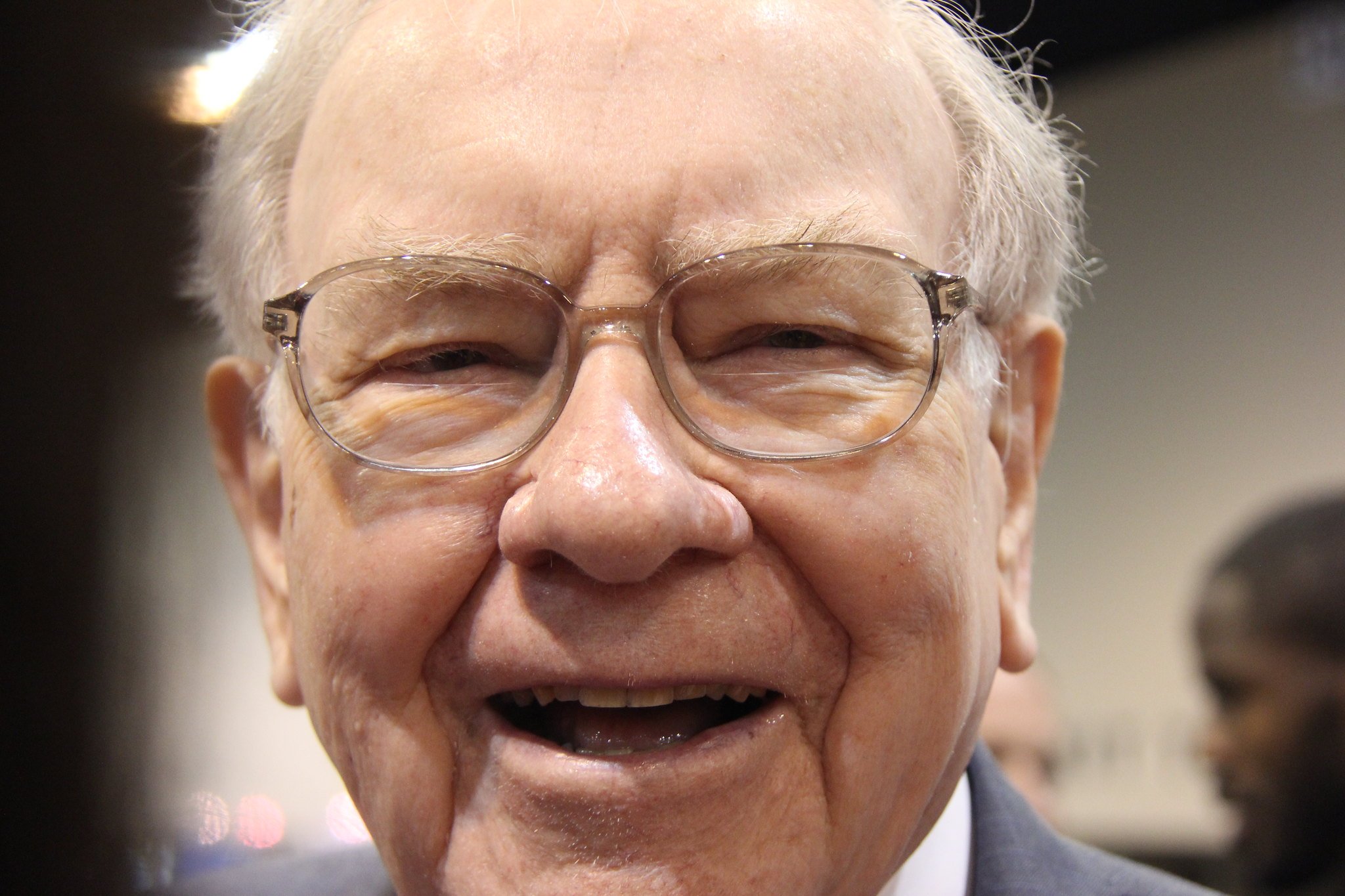Nucor (NUE 0.23%) missed its earnings target in the second quarter by a wide margin, but in this case, that wasn't a negative thing, because the steel-making giant's guidance proved far too conservative. Here's what happened, what managed cheekily admitted, and why this is all good news for investors.
A game of sorts
Wall Street is an interesting place. Its analysts are paid to make predictions about what a company will earn, and if its results don't meet their consensus estimates, investors will often severely punish the stock, even though the forecasts in question were, honestly, little more than educated guesses. That's not to suggest that analysts aren't smart and knowledgeable. On the whole, they are. The problem is that it's difficult to predict what even the near future holds.

Image source: Getty Images.
Since missing estimates is considered such a negative on Wall Street, companies go to great lengths to provide analysts with the information they need to get their guesses in the right ballpark. Often that includes publicizing an explicit guidance range. Nucor, for example, provided an update in mid-June in which it said it expected to earn between $0.10 per share and $0.15 per share in the second quarter. Not surprisingly, that was what most people on Wall Street were expecting it to do.
The thing is, even with management teams providing this kind of assistance, companies still miss the consensus earnings projections all the time. Nucor was one of them this time around, but not in a bad way. It actually beat both the consensus number and its own earlier guidance.
Better at steel making than guidance
During Nucor's second-quarter conference call, CFO Jim Frias cheekily addressed this issue when he said, "You know, we're not proud of the fact that we're not the greatest forecasters in the world. We really aren't." He might well have said that he's sorry he doesn't own a crystal ball. In the end, Nucor's earnings came in at $0.36 per share, more than double the top end of its guidance range.
What happened was a cultural thing because Nucor tends to be a conservative company. It's also run in a way that gives a lot of latitude to individual business units -- its mills and divisions are all largely responsible for making their own decisions. But their conservativeness rolls up to the top level where the results come together. Basically, as Frias highlighted, the company and its various parts were being extra cautious about the outlook given the uncertainty caused by the COVID-19 pandemic. When all of the numbers came together, that conservative bias compounded, which resulted in an overly low earnings guidance range. That's not a bad thing, and the company was clearly able to adjust and take advantage of the stronger-than-expected steel market. However, in the end, this quarterly beat was largely a product of the company's core culture.
There's another positive here. During the early stages of the coronavirus pandemic, Nucor -- like many companies -- pulled back on its capital spending plans. With the steel industry in better shape than Nucor had anticipated, it has decided to move forward with some of the projects it put on hold. Thus, it also announced that it was upping its capital spending by $250 million to $1.7 billion for 2020. Nucor has a long history of investing during downturns so that it can come out on the other side as a stronger company. It's doing that again now, becoming a little more aggressive as the outlook for the steel industry gets less hazy.
A great business
As investing legend Warren Buffett likes to point out, when you buy a company, you are buying a part of a business. If you step back and look at the investment process within that framework, Nucor's "miss" is actually pretty reassuring.
The company was faced with adversity and adopted a conservative posture to make sure it could navigate the headwinds. That view clearly took hold across the entire company. Yes, it overcompensated and prepared for a harsher gale than actually arrived -- at least in its industry. But it adjusted on the fly and then was able to perform at a higher level than it had expected, handily besting its own earnings expectations.
Now, based on newer information, it's shifting back toward a more aggressive stance on capital spending. In the end, this is exactly the type of thing long-term investors should want to see from a company they own.






